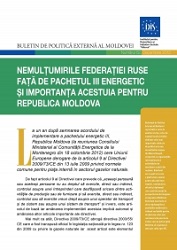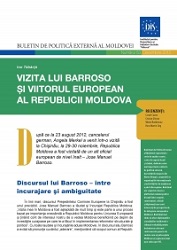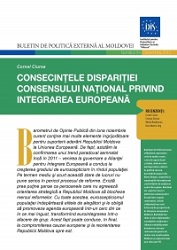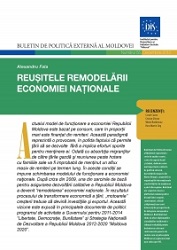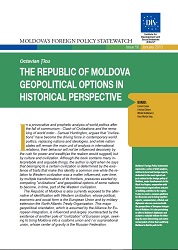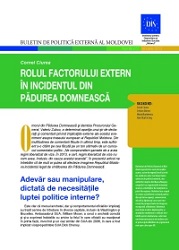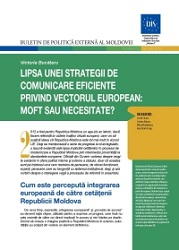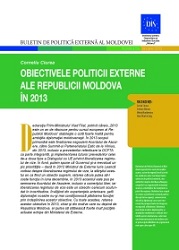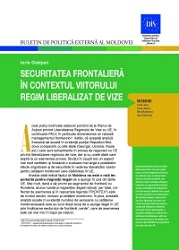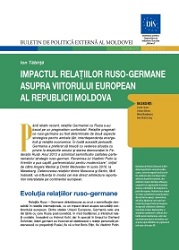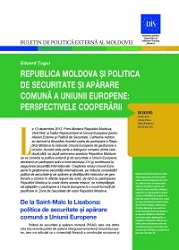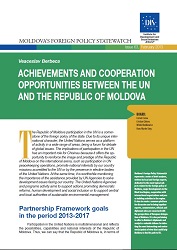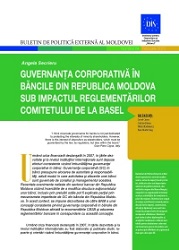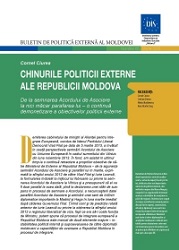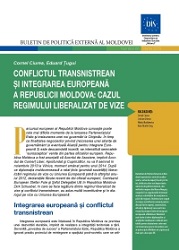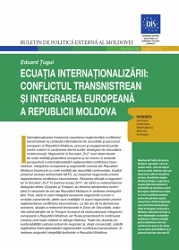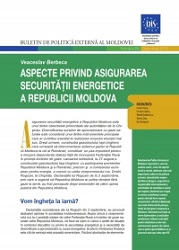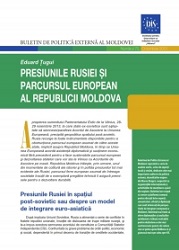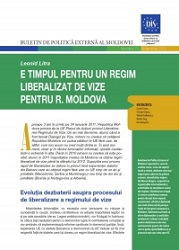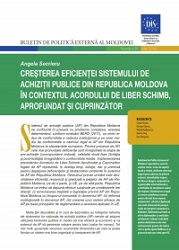Border Security in the Context of Future Visa Free Regime
Author(s): Iurie Gotişan / Language(s): English
Keywords: Moldova and its neighbors;
This policy brief is elaborated based on the Action Plan on visa liberalization with the EU, further in the text APVL, particularly the part referring to border management. Thus, this analysis attempts to highlight the Republic of Moldova position compared to other states (Georgia, Ukraine, Russia, etc.) that are currently in the process of negotiations with the EC on the liberalization of the visa regime but also to some countries aspiring to such a process. This study has rather a more quantitative aspect and tries to carry out a broader assessment of the potential migration and security effects of the liberalization of visas for Moldovan citizens traveling to the EU.This analysis indicates that Moldova is not an important route for illegal migrants to reach one of the EU countries. Moreover, if we look at the border segment with Romania then the number of illegal migrants apprehended overall, (also covered in FRONTEX Agency reports) amounts to just several dozens, including Moldovan citizens. In addition, this analysis highlights the number of people with Moldovan citizenship that aimed to reach the EU illegally in breach of the border “green” sector, which is also the lowest in the top of nations.As a rule, the flows or the number of illegal migrants through the BCP (border crossing points) are the best identified or represented by refusals of entry. Thus, in terms of the indicator of refusal of entry into the EU, in a top of nations, Moldovans do not appear at all. Moldovan citizens appear in the FRONTEX statistics only in 2009 on the 9th position and only on land border segment and in the FRONTEX analysis reports, the Republic of Moldova is mentioned only incidentally. At the same time, during the years 2009-2011, most refusals of entry at common borders were issued by the Polish border authorities, mainly on the border with Ukraine and Belarus. Moreover, over 50% of all refusals at common borders were issued to the Ukrainian citizens, followed by nationals of other neighboring countries such as the Russian Federation and Belarus.
More...
